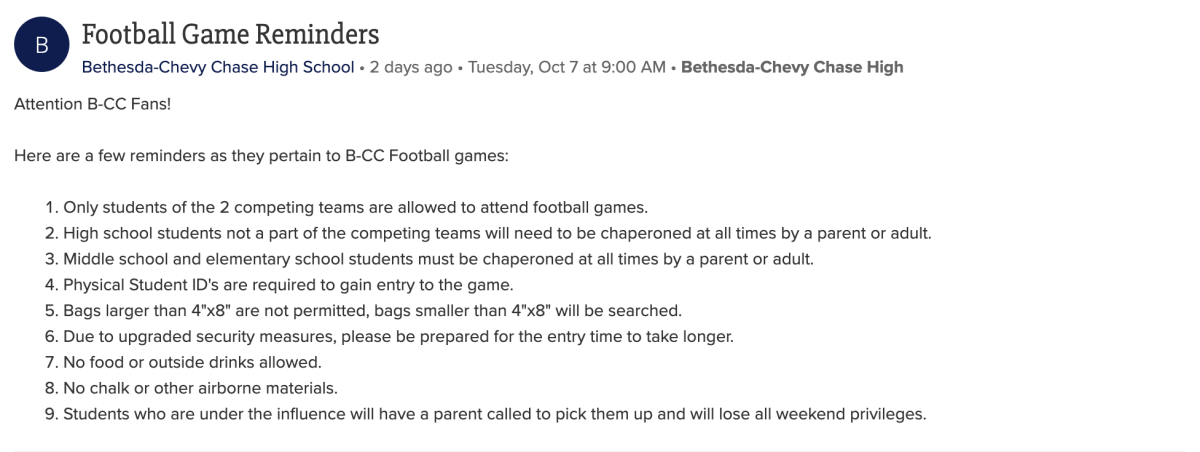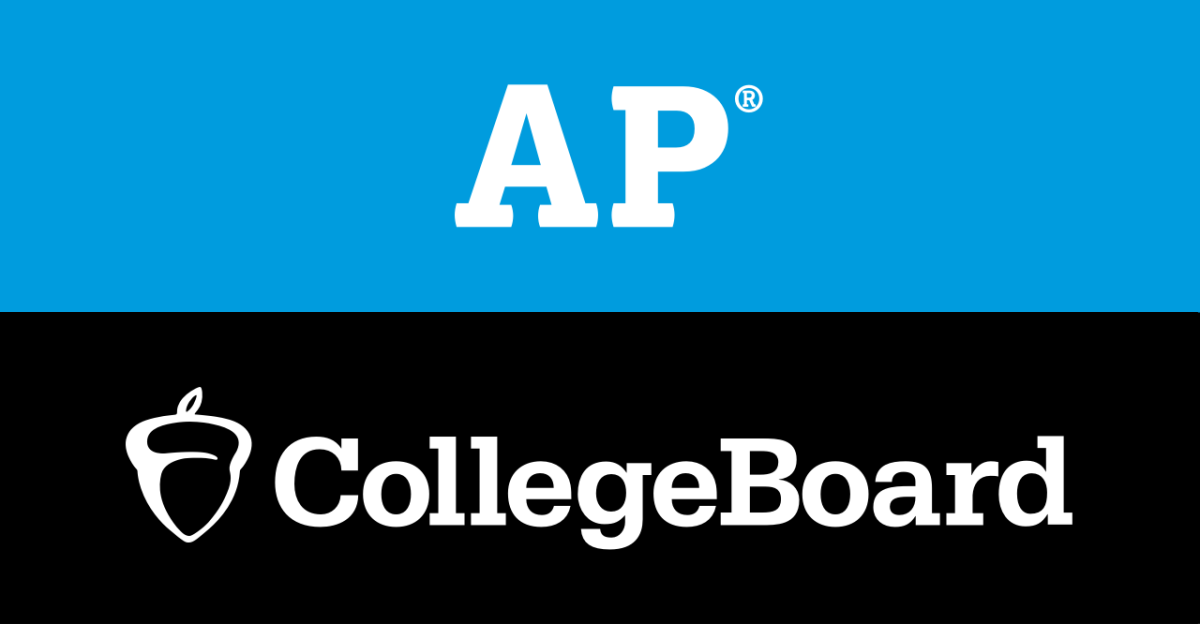“I think I need more information, so I can understand the basics of the adult world when it comes to finance,” shared Junior Viktoria Saric de las Heras. Many students at B-CC hold this sentiment. Despite the large number of courses students are required to take by MCPS, most students graduate without a basic understanding of personal finance. Mrs. Pasquale, a social studies teacher, began teaching a brief financial literacy unit in her AP Government classes for that very reason. She said, “Students just generally do not have a sense of what it costs to rent or buy something of larger value in the general world.” The lack of education in this area leaves students ill-prepared for the real world. Personal finance should be a required course.
Requiring a semester of personal finance would improve financial outcomes for students and reduce inequity. According to the California Department of Education, “Students who have access to high-quality financial education have better financial outcomes as adults that result in less debt and a higher quality of life.” This makes sense, as many students have no way of learning the basics of personal finance at home. A 2017 study from investment management firm T. Rowe Price showed only 23% of students reported talking frequently to their parents about money. For the 77% of students who do not learn about money management from their parents, a personal finance class could teach them the skills they need to navigate the modern financial world.
Mr. Eliason, the only teacher at B-CC, who currently teaches personal finance, explained the wide array of skills students learn through the course. He said, “What we are trying to teach students are the basics of personal finance. Everything from budgeting to doing taxes. We also try to teach students about investments, paying for college, and post-high-school careers.” Learning this in high school would allow everybody, regardless of background, to understand the economic complexities of being an adult.
Loosening requirements on other courses, such as requiring three rather than four years of math, or reverting to the half credit requirement for health would open up plenty of room to require personal finance. More adults are faced with the real-world impacts of their financial illiteracy than are required to use calculus in their daily lives.
Gaps in financial literacy exacerbate existing divisions along racial and gender lines. Teaching personal finance to all students in high school could help remedy this. A 2018 study from the Financial Industry Regulatory Authority quizzed respondents on six questions meant to assess financial literacy. While White and Asian respondents scored an average of 3.2 out of six, Black respondents averaged 2.3. Hispanic Americans scored slightly better, with a 2.6. Also, this problem directly contributes to racial wealth gaps. Investopedia reported, “Closing gaps in financial literacy could help close wealth gaps.” Teaching personal finance is the best way to do this. By teaching a standard curriculum to all students, we can ensure no students are left behind.
Any push to increase the already stringent graduation requirements that MCPS has in place is likely to face backlash. Mr. Zehner, an Economics teacher, said, “I’m generally against required courses. It makes it impossible for a kid to take a lot of courses that they would like to take.” While the issue of extensive requirements is legitimate, keeping personal finance an elective is not the solution.
At B-CC, personal finance is already offered as an elective course. Unless it is required, the class will not achieve its desired impact. Students who currently elect to take personal finance are mostly those with an existing interest in finance. The students who most need the class, those with no interest in or knowledge of finance, are those least likely to take it as an elective. It should be a requirement.










































faaris minsker • Nov 13, 2023 at 5:16 pm
w seth
Darlene Figet • Nov 10, 2023 at 11:45 am
Great article. I found your rebuttal to the idea that it shouldn’t be mandatory particularly convincing. Very well structured as well, which helps me overcome my dementia. Loved the read, thank you!